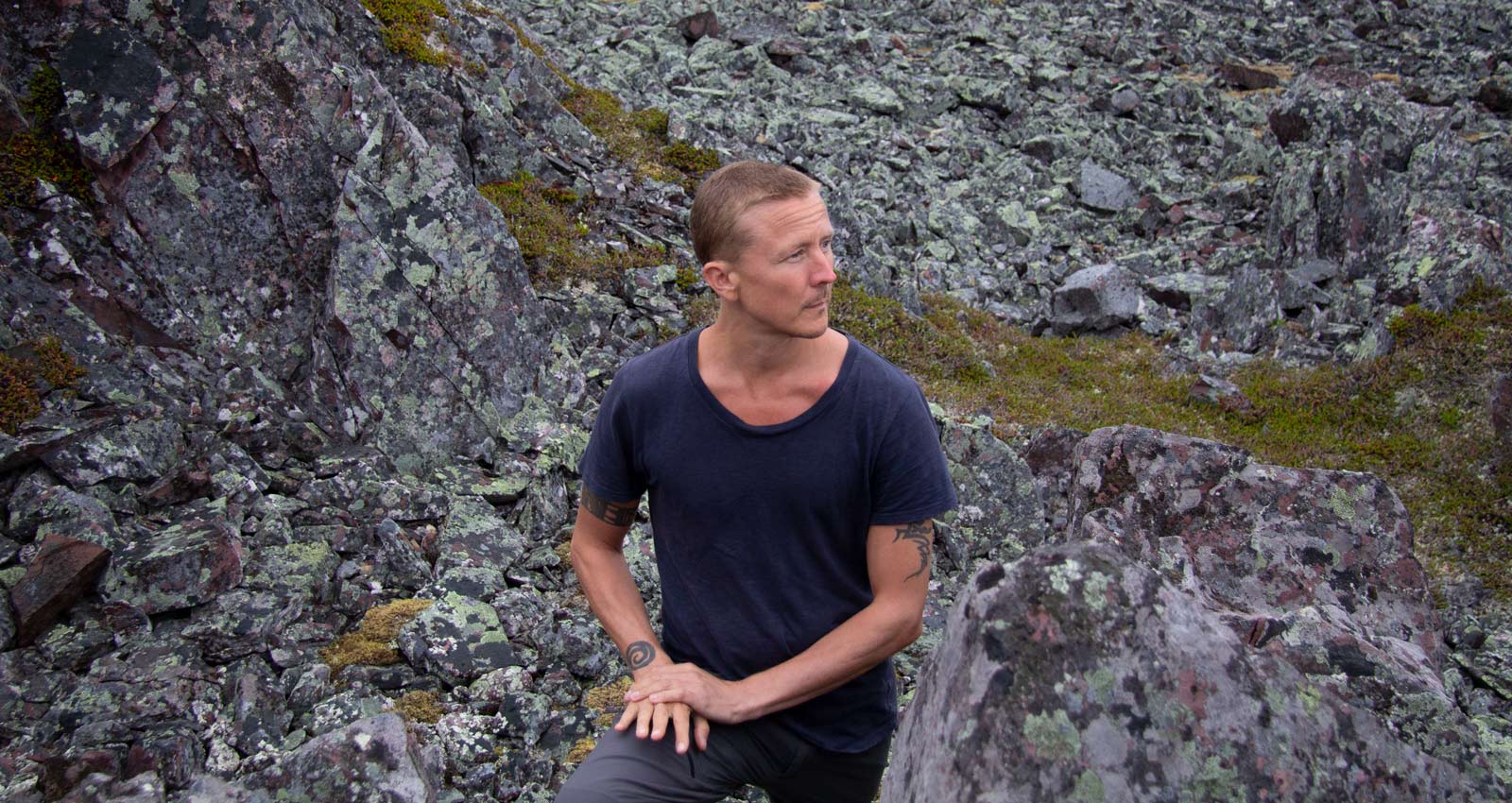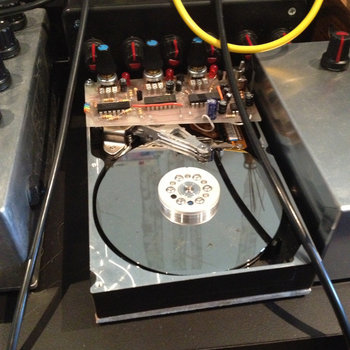
Sasu Ripatti lives on Hailuoto, an island just off the Finnish coast, a little more than 100 miles south of the Arctic Circle. Anyone who’s heard his music should not be surprised by this fact. The Finn’s releases as Vladislav Delay are cold, desolate, austere, and beatless; bits of bass and disembodied samples fly by like errant snowdrifts. Rakka, his first album since 2014’s Visa, is named after a distinctly Arctic landform, one with no direct translation in English: vast fields of rocks, where little grows.


Released via Shapednoise’s Cosmo Rythmatic label, Rakka marks Ripatti’s first album made primarily on a computer, and he’s never made anything quite like it. Rather than the soupy, ambient drifts to which the Vladislav Delay moniker is usually attached, these seven pieces move with a violent, rugged grace. The impossibly deep pads that undergird so many of his tracks are still present, but he subjects them to a brutal thrashing from harsh percussion and dissonant samples.
Ripatti debuted the Rakka material at last summer’s Berlin Atonal festival, with visuals from his wife Antye Greie-Ripatti, the multimedia artist who records as AGF. The visuals were based on shots of the Arctic tundra through with Ripatti frequent hikes, and indeed, it’s easy to connect the brutality on display on Rakka with the desolation of those far-northern expanses. But Ripatti disdains the idea of being a “nature ambassador.” So how did an album like Rakka come about? We caught up with Ripatti to find out.

Q: You moved from Berlin to Hailuoto in 2008. How is life on an island different from life in the big city?
A: We intentionally wanted to move away from cities. Where I live now, there’s no artificial life. There’s no advertisement. I barely get a phone signal here. It just works better for me if I’m more in solitude. And I guess it’s just if you’re born here, especially in the North—I mean, there’s so much space for everybody. It’s a big piece of land and not many people, and those people don’t talk much.
Q: How did using computers instead of hardware affect the sound of Rakka?
A: After Visa, when I wanted to take a break, I sold most of my hardware to financially allow the break to happen. I turned things around intentionally in the production to get out of my safe zone or comfort zone. I wanted to make that harsh, really kind of strong, powerful album anyway, and I would have done it even with a guitar in my hand.
I guess I have a bit of paranoia of repeating myself too much. Instead, I want to further this craft I’m doing, find new ways to do it, and maybe even just completely fuck up and fail. I get frustrated and bored if I sense that I’m doing things for the wrong reasons. For this Rakka album, I struggled a lot to get it as harsh and fucked-up sounding as it is, and in the process I threw—I don’t know—four albums of pretty good, standard Vladislav Delay material out the window.
Q: You’ve talked about how Rakka was inspired by your hikes in the Arctic wilderness, but you’ve also said you don’t want it to be a “nature show.”
A: This Nordic minimalistic nature somehow just speaks to me a lot: you’re above the treeline, there’s so much space around you; it feels limitless. It’s crazy, the amount of ideas that start to flow. I don’t talk unless I’m with the family, but when I’m alone it can be one or two weeks or a month and I don’t speak a word. So it’s pretty healthy, I think everybody should do that. But, I mean, it sounds a little bit hippie-ish. It’s not my intention. It sounds so easily cliché. I really would like to avoid that.
Q: In the interim between Visa and Rakka, you did a lot of soundtrack work (Borg vs. McEnroe, the Finnish TV series Arctic Circle). Tell me about that.
A: It’s probably a more appreciative medium for music compared to a fast-food streaming commodity on Spotify or whatever. People actually listen through the whole thing when they’re in a cinema. But it’s not about music, and it should not be about music. It’s a service job.
It’s hard to find [film scoring] projects where you can make creative music. It’s a really money-driven, results-oriented business. It doesn’t allow for much creativity. They want the shocking strings, they want the clichés. But for Borg I think they wanted something a little bit off the norm. I would like to find suitable projects, but I’m not actively looking, and I guess I learned enough from these projects that I know I definitely will not be a film composer.







